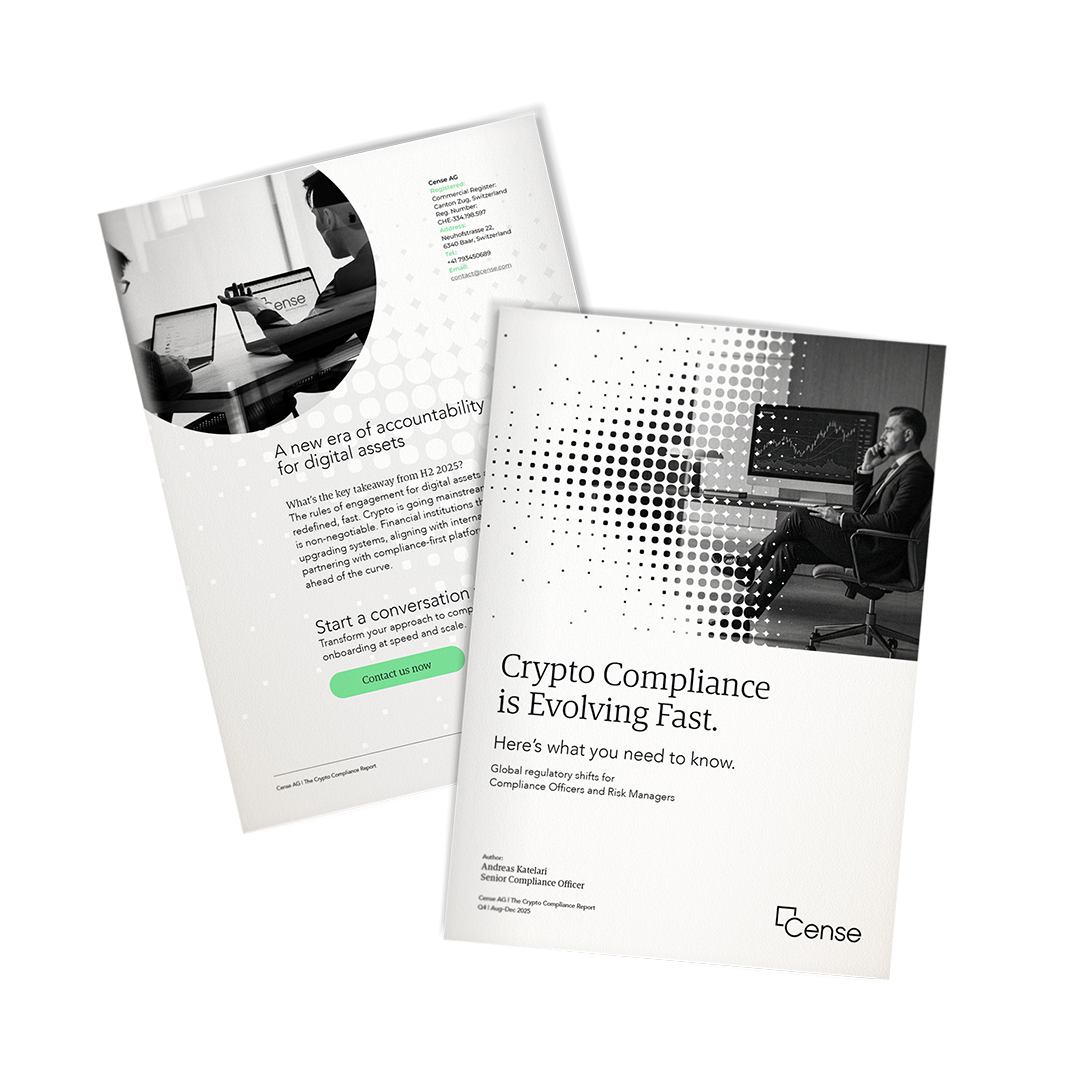FCA Slaps £29M Fine on Starling Bank: Strengthening AML Compliance with CENSE

Starling Bank has been fined £29 million by the FCA for serious failures in its anti-money laundering (AML) and sanctions screening. The bank’s systems overlooked critical sanctions lists, resulting in over 54,000 high-risk accounts being opened, despite clear FCA warnings. The regulator condemned Starling’s “shockingly lax” controls, emphasizing the threat this posed to the financial system. While the bank has since improved its AML framework, securing a reduction from an original £41 million fine, this case highlights the importance of robust, proactive compliance to protect against risk.
What Went Wrong?
The enforcement action revealed several significant shortcomings in the institution’s AML/CTF framework:
- Compliance Lag: The bank’s compliance framework did not evolve alongside its rapid expansion. Starling experienced rapid growth, from 43,000 customers in 2017 to 3.6 million by 2023, but its anti-money laundering (AML) and sanctions controls did not keep pace with this expansion. As the customer base grew, the bank failed to adapt its financial crime prevention systems, leaving it vulnerable to high-risk activities.
- Sanctions Oversight Failure: An automated system failed to cover the complete sanctions list, compromising controls. Since 2017, the bank’s automated screening system had been checking customers against only a fraction of the full list of individuals and entities subject to sanctions. This systemic flaw exposed the financial system to criminal activity and potential violations of financial sanctions.
- Regulatory Non-Compliance: Starling violated FCA agreements, exposing the bank to regulatory action. The FCA criticized Starling for leaving the financial system wide open to criminals and sanctioned individuals. Therese Chambers, an FCA Executive Director, highlighted the severity of the bank’s failures and its disregard for previous FCA directives.
- Inadequate Risk Management: A failure to identify and restrict high-risk customers on time. After a 2021 FCA review, Starling agreed to stop opening accounts for high-risk customers until its financial crime controls improved. Despite this agreement, Starling opened over 54,000 accounts for 49,000 high-risk customers between September 2021 and November 2023, directly violating FCA requirements.
How CENSE Can Help
In response to these challenges, financial institutions must enhance their AML/CTF frameworks to meet regulatory expectations and protect against financial crime. CENSE offers a powerful solution tailored to the needs of institutions engaged in digital asset services:
- Enhanced Customer Due Diligence: CENSE enables seamless connectivity between centralized and decentralized wallets, providing institutions with a comprehensive view of customer interactions on the blockchain. This allows for a thorough assessment of customers’ source of funds (SoF) and source of wealth (SoW), ensuring a deep understanding of financial profiles.
- Advanced Risk Assessment: CENSE collaborates with blockchain-based transaction monitoring tools to offer detailed counterparty analysis and identify high-risk transactions. This capability supports accurate risk ratings for customers and helps determine the necessary level of due diligence.
- Efficient Monitoring and Reporting: Leveraging blockchain data, CENSE automates transaction monitoring and flags suspicious activities that may require the filing of Suspicious Activity Reports (SARs). The platform ensures well-documented processes, supporting regulatory compliance without demanding excessive resources.
- Scalable Compliance Solutions: CENSE’s tools are scalable, allowing institutions to efficiently manage AML/CTF compliance as their digital asset operations grow. This scalability ensures institutions can continue innovating while maintaining strong compliance practices.
By leveraging comprehensive solutions like CENSE, institutions can not only meet regulatory expectations but also protect themselves from financial crime risks, ensuring sustainable growth in this dynamic sector.



